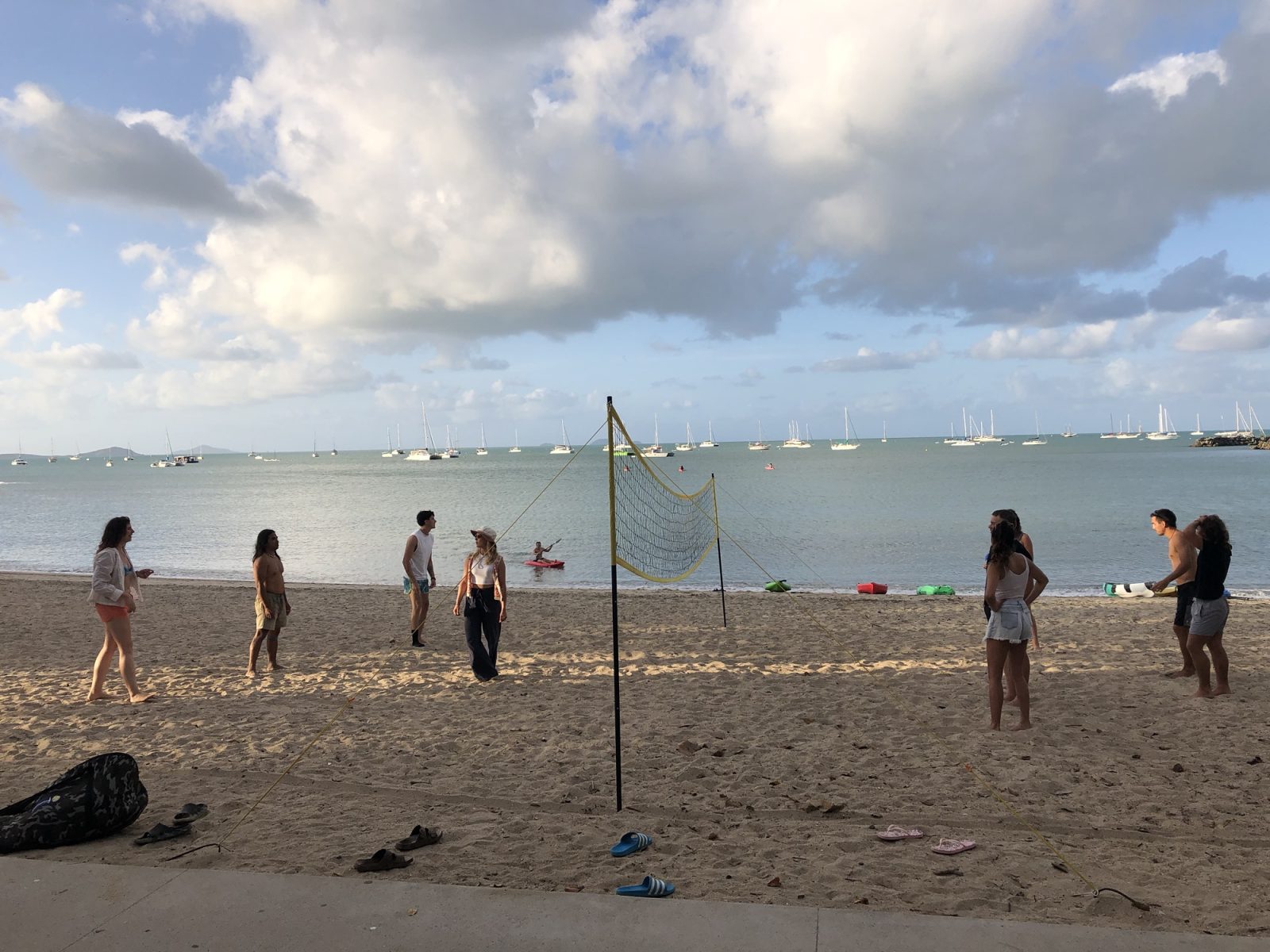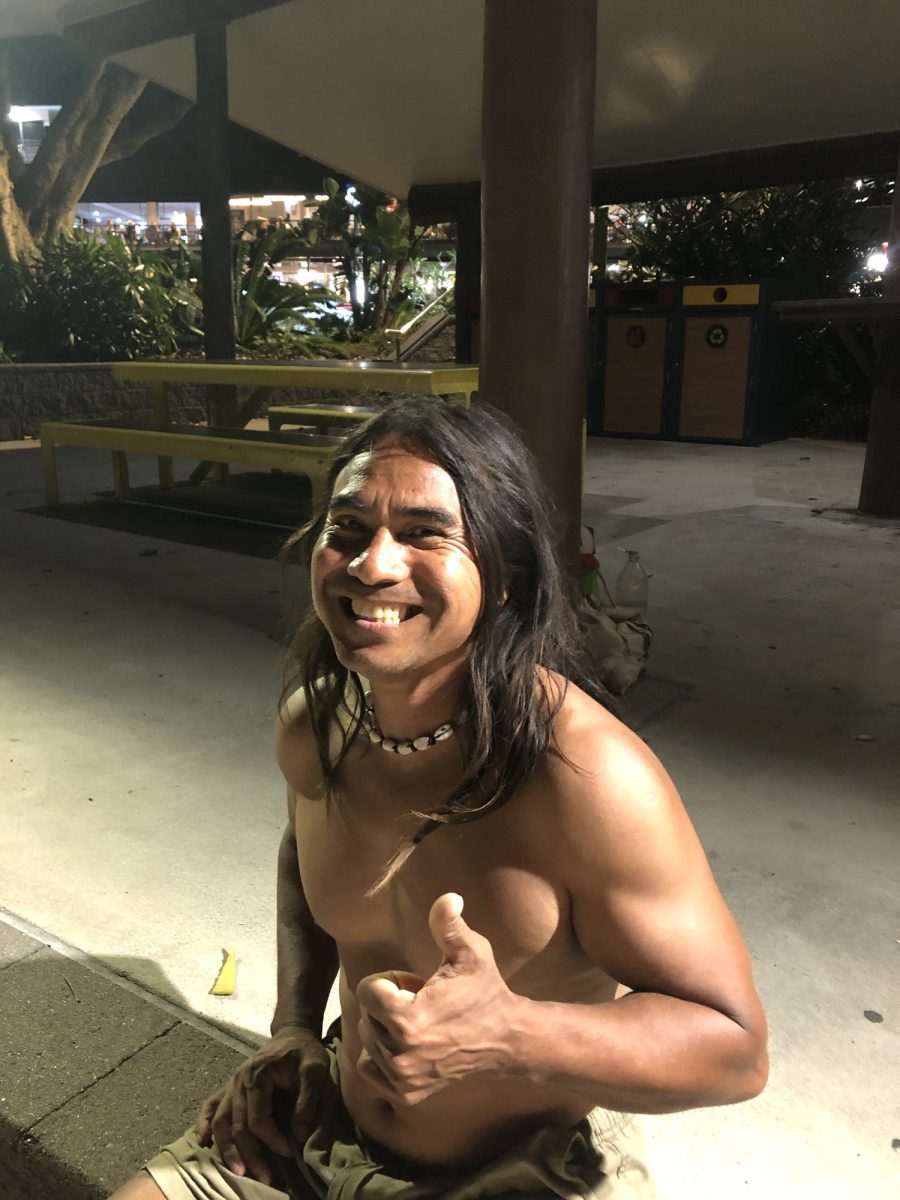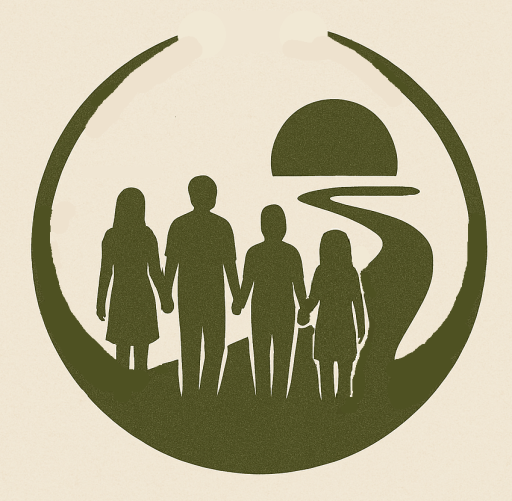With plans to sleep rough in Airlie I was looking for a power outlet to charge my phone. I’d seen one outside the public toilet and was just checking it out when someone approached asking how I was doing and politely invited me to the beach for volleyball, kayaking and a free BBQ. Here was someone that understood the cost of loneliness.
A rough beginning
Isaac was a child under the Khmer Rouge regime, 9 years of brutal genocide that took place in Cambodia 1970s, claiming the lives of nearly two million people. His childhood was spent hiding in the forest, surrounded by death and suffering. Malnourished and afflicted with parasites, he would have been the poster child of the aid agencies of the nineties. He was one of the more fortunate, slipping away from the devastation to the USA with his parents.
Bringing people together
At the beach a group of four or five people had already gathered, some familiar with each other, some newly arrived. A couple of people manned the BBQ and prepared salad while another strummed a guitar in time with the music from a portable speaker. Conversations rose and fell, common languages and interests discovered. Passersby were called to join and when a critical mass had appeared we went forth onto the beach to play volleyball.
Returning to the fray
I’ve written before about the cost of loneliness for human well-being and the importance of belonging. This is something Isaac is intimately familiar with. he was trained as a pastor in the Christian church, and returned to Cambodia as an adult, working with faith-based and sectarian charities supporting some of the worst affected communities. After adopting three Cambodian children, he met and charmed an English Australian woman, eventually moving to Melbourne to raise their family.

As the volleyball went back and forth, so did the conversations at the net. With each change of serve the players rotated positions and thus were brought face to face with new opponents across the net. Quickly discovering their common tongue, new connections rapidly formed, with banter exchanged and returned and congratulations offered for shots well-played. Again passersby were encouraged to join and existing players rotated off to eat and continue their conversations. Thus some 20 people, mostly unknown to each other, some local, some homeless, some traveling became well acquainted over an hour of two as the sun slunk behind the hills and the moon rose over the water. Details were exchanged and several new friends moved on together to their next activity.
Empathy through experience
An ideological disagreement between Isaac and his wife as their children entered their teens brought their relationship to an acrimonious end. During the custody hearing, Isaac exchanged words with the judge which were not well received. This led to him being barred from seeing any of his children until adulthood. The sudden vacuum in his life challenged his optimistic outlook and saw him take a new direction. He moved to North Queensland and focused on the things within his control. He found community in faith, though of varied denominations.
Taking up a hammock under a new, elderly friend’s house in exchange for help maintaining their property and a small weekly payment, his only source of income became selling of locally harvested coconuts at the weekly market. With little else to spend his money on that would offer him meaning he uses the majority of it to bring people together and build community. The volleyball, regular barbecues and six kayaks were from his own money.
Through past work in counseling and aid he developed expertise in suicide prevention, finding people at risk in the community and others out alone. His own marriage breakdown and isolation from his children providing fertile ground for the empathy needed to truly engage with others experiencing loss. His time on the streets and around the markets gives him an intimate understanding of who is out and about and who is down in the dumps. He has found housing for a handful of people over the four years he’s been in Airlie and brought several others back from the edges of despair.
Finding our worth
It is common for people, particularly men, to develop a sense of worth tightly tied to their status, their wealth, their job and/or their relationships. I wrote about my own experience of this in the context of self-preservation. It is understandably challenging for to find meaning in life while in the throes of grieving their loss and re-establishing their place in the universe. Isaac connects with people going through this, taking them on outings and connecting them with others. This helps them again find joy in simple things and purpose outside their former self-conception of it.

As our conversation unfolded, it became clear Isaac’s religious views are important to him. He sees faith as an important factor in meaningful living. In spite of this, there was no evidence of any preaching or evangelism in my several hours with him, just Christian values expressed in their truest form. He is an example of someone both living more and living with less, turning lives around and bringing people together.
